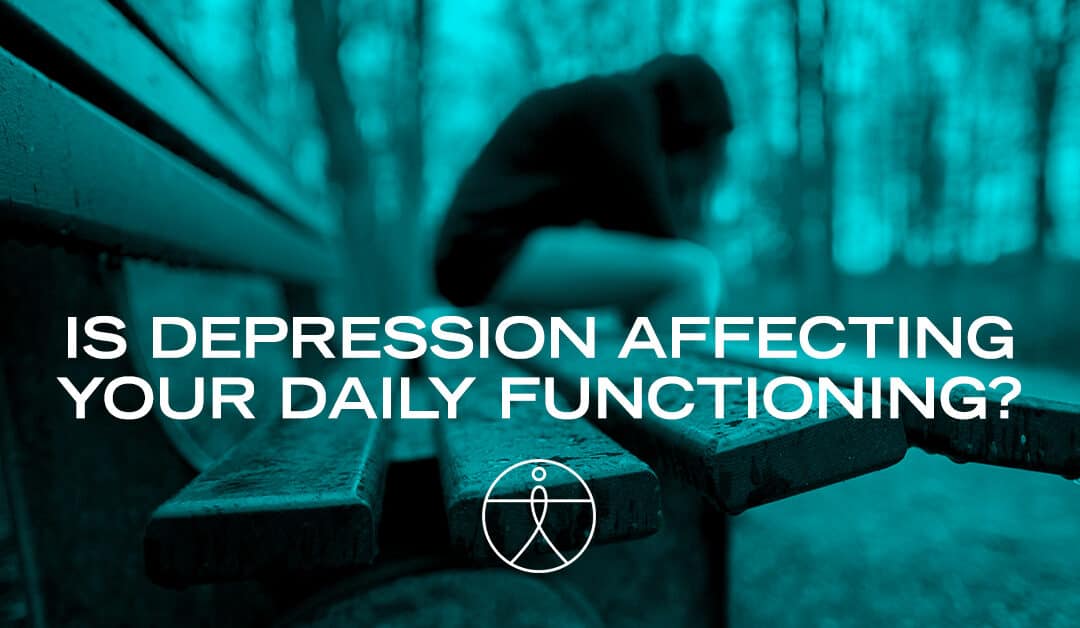Depression is a serious mental health condition that can significantly impact daily functioning. Some of the ways in which depression can affect daily functioning include:
- Difficulty with concentration and attention: People with depression may have trouble focusing on tasks or retaining information. This can make it difficult to complete work or school assignments, and can also affect memory.
- Loss of interest in activities: People with depression often lose interest in activities they once enjoyed. This can lead to feelings of isolation and loneliness, as well as a lack of motivation to engage in social or leisure activities.
- Changes in sleep patterns: Depression can cause insomnia, or difficulty sleeping, as well as excessive sleepiness. This can affect energy levels and overall functioning during the day.
- Changes in appetite: Depression can cause a loss of appetite or an increase in appetite. This can lead to weight loss or weight gain, and can also affect energy levels and overall health.
- Difficulty with decision making: People with depression may have trouble making decisions and setting goals for themselves. This can lead to a lack of progress in areas of life such as work or school, and can also affect relationships.
- Negative thoughts: People with depression often experience negative thoughts and feelings of hopelessness. This can make it difficult to see the positive aspects of life, and can also lead to feelings of self-doubt and low self-esteem.
- Physical symptoms: Depression can also cause physical symptoms such as fatigue, headaches, and muscle aches and pains. These symptoms can also affect overall functioning and quality of life.
- Difficulty with relationships: Depression can make it difficult to form and maintain healthy relationships. People with depression may have trouble communicating effectively and may avoid social situations.
- Difficulty with work or school: Depression can make it difficult to perform well in work or school. People with depression may have trouble completing tasks, may have a lack of motivation, and may have difficulty with time management.
- Suicidal thoughts: Depression can lead to thoughts of suicide, and people with depression are at a higher risk of attempting suicide.
It’s important to note that depression can affect everyone differently, and the severity and symptoms of depression can vary greatly from person to person. However, it’s important to seek help if you are experiencing symptoms of depression, as it is a treatable condition. With the help of a mental health professional, you can develop strategies to manage your symptoms and improve your overall functioning.
Let Integrity Counseling help you through tough times. Meet our therapists, teletherapists, and please contact us whenever you need us.

